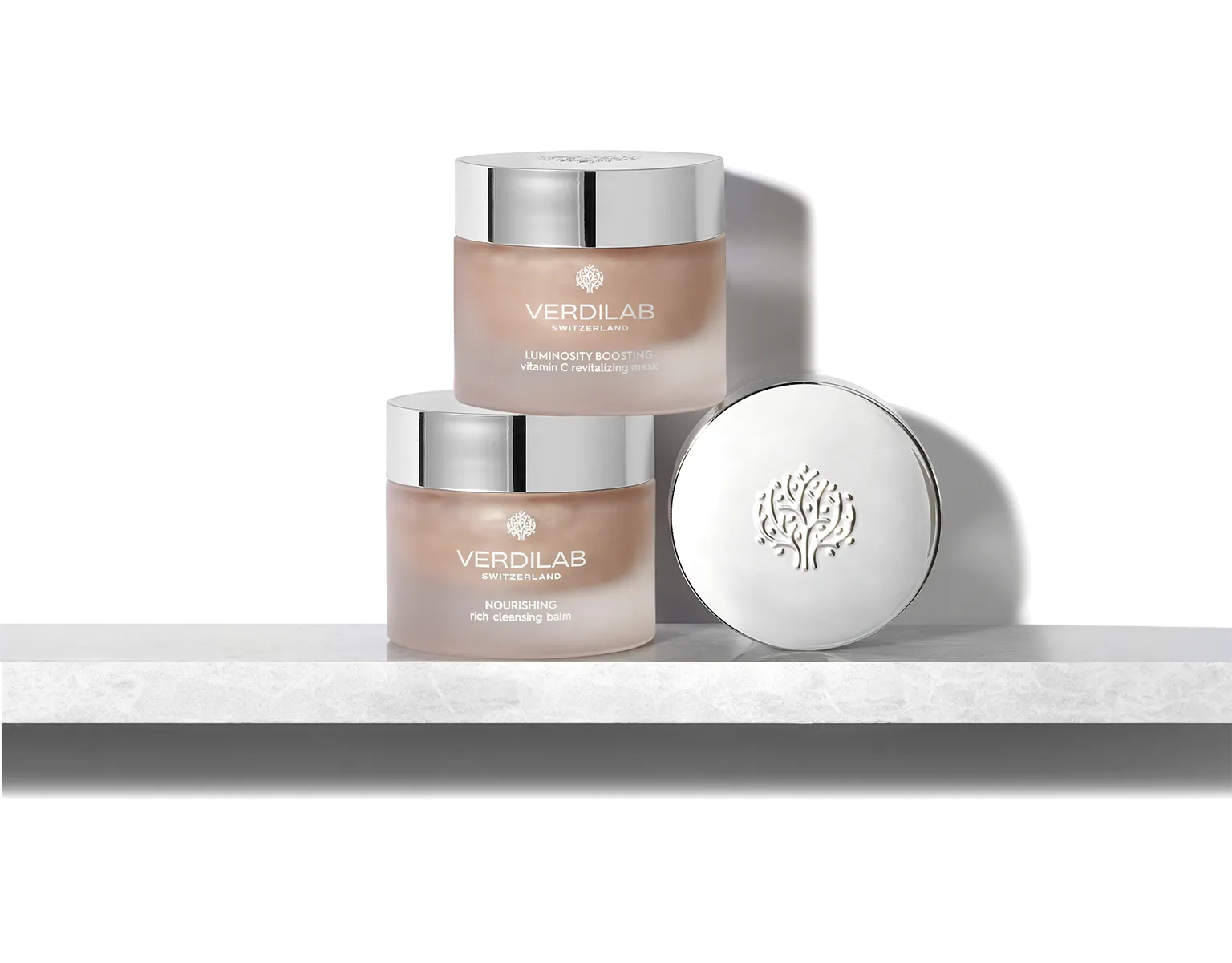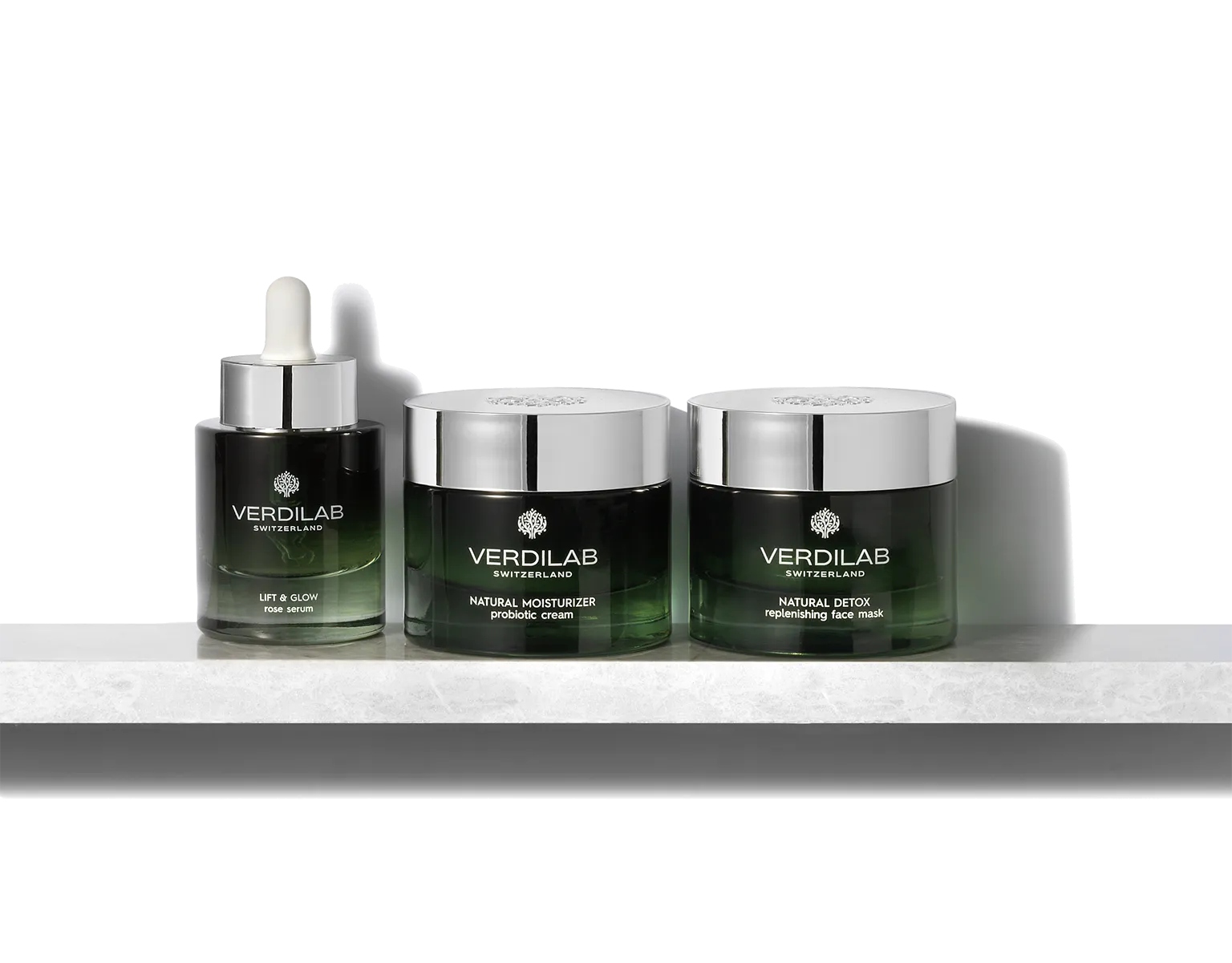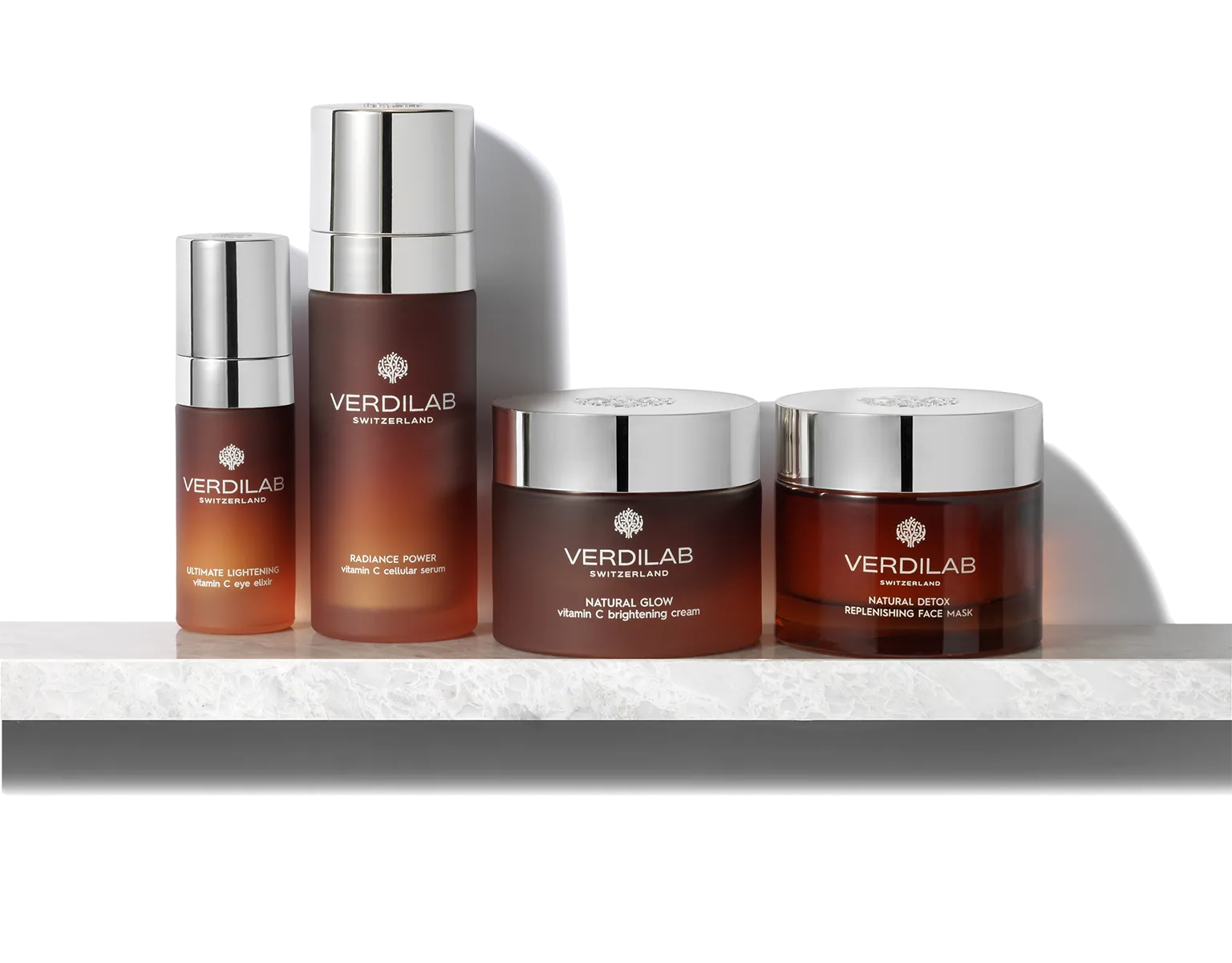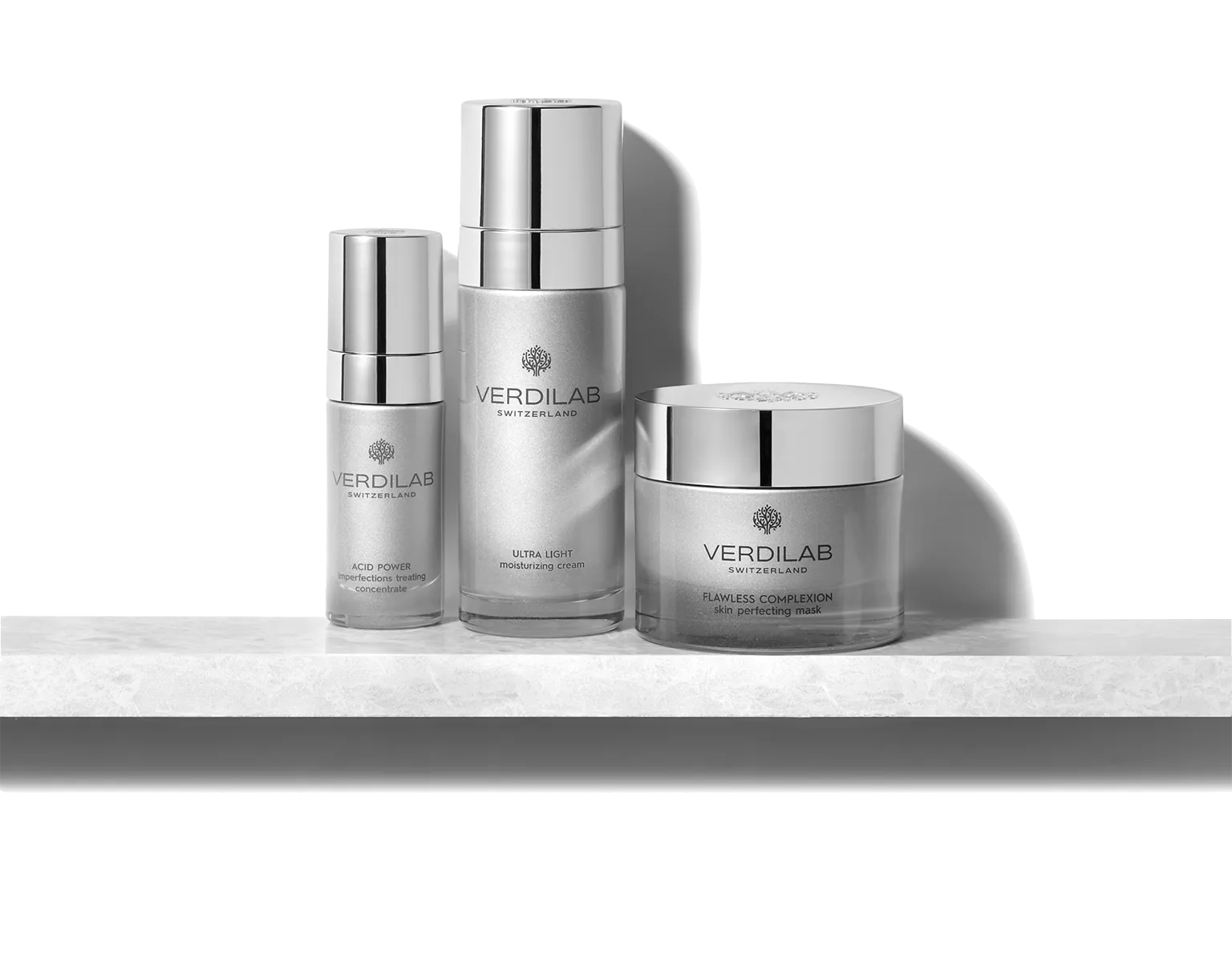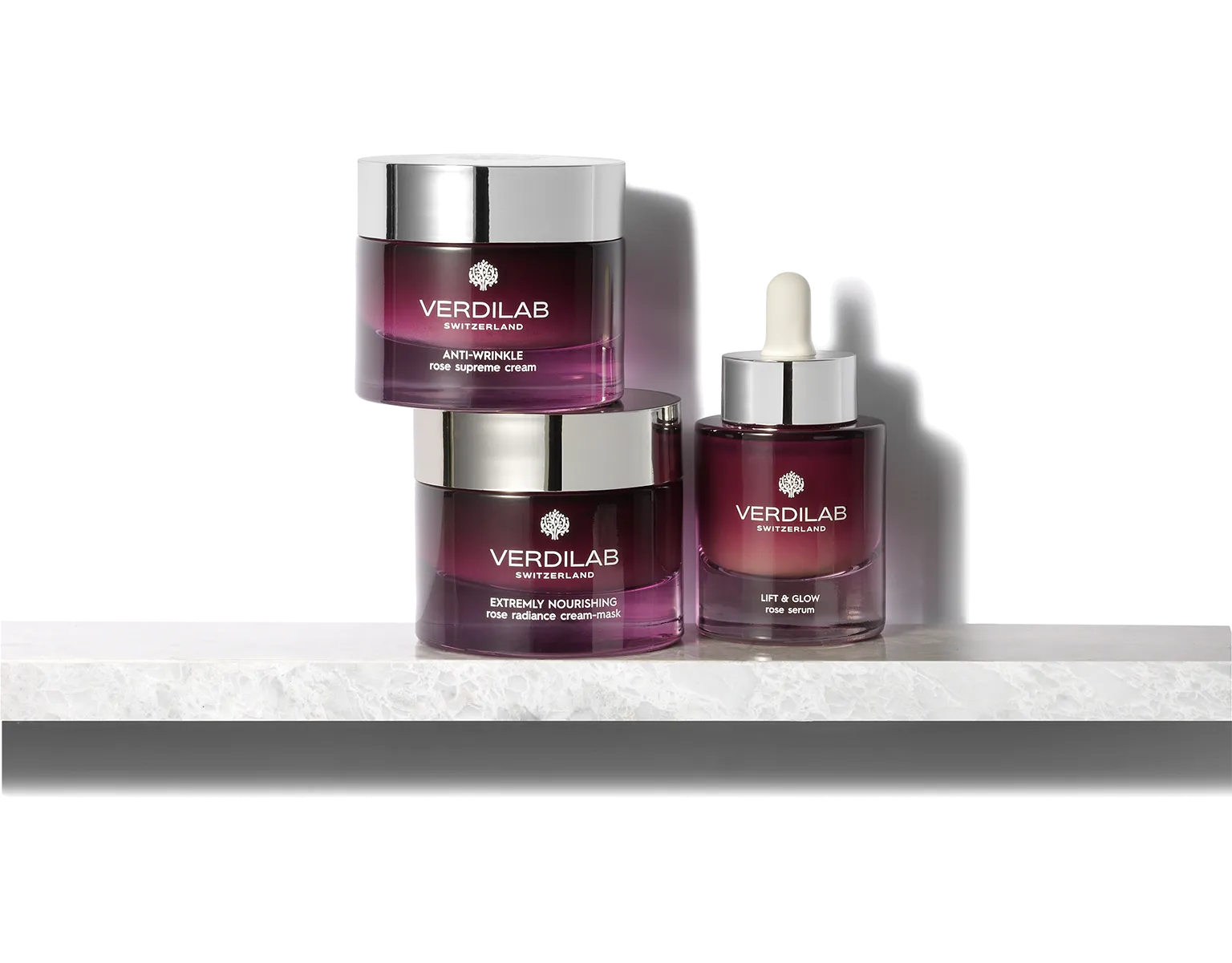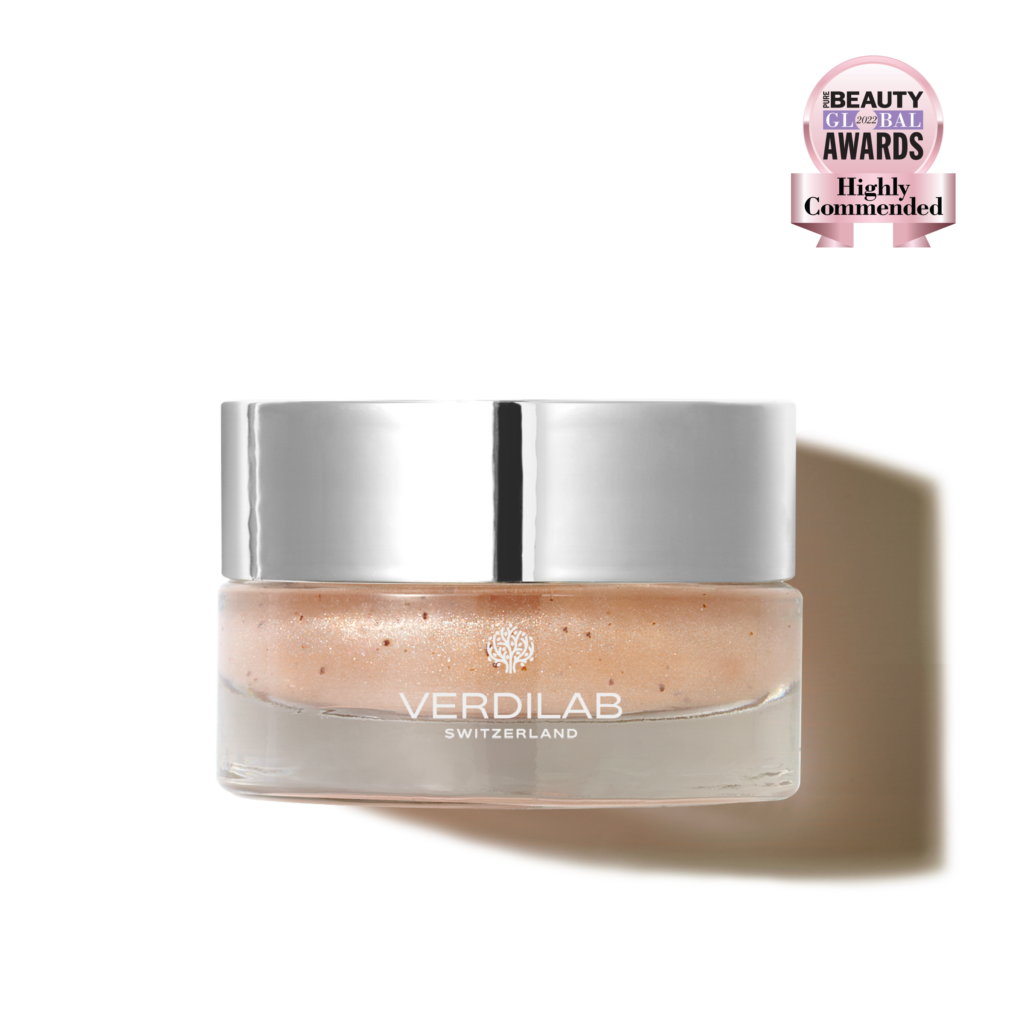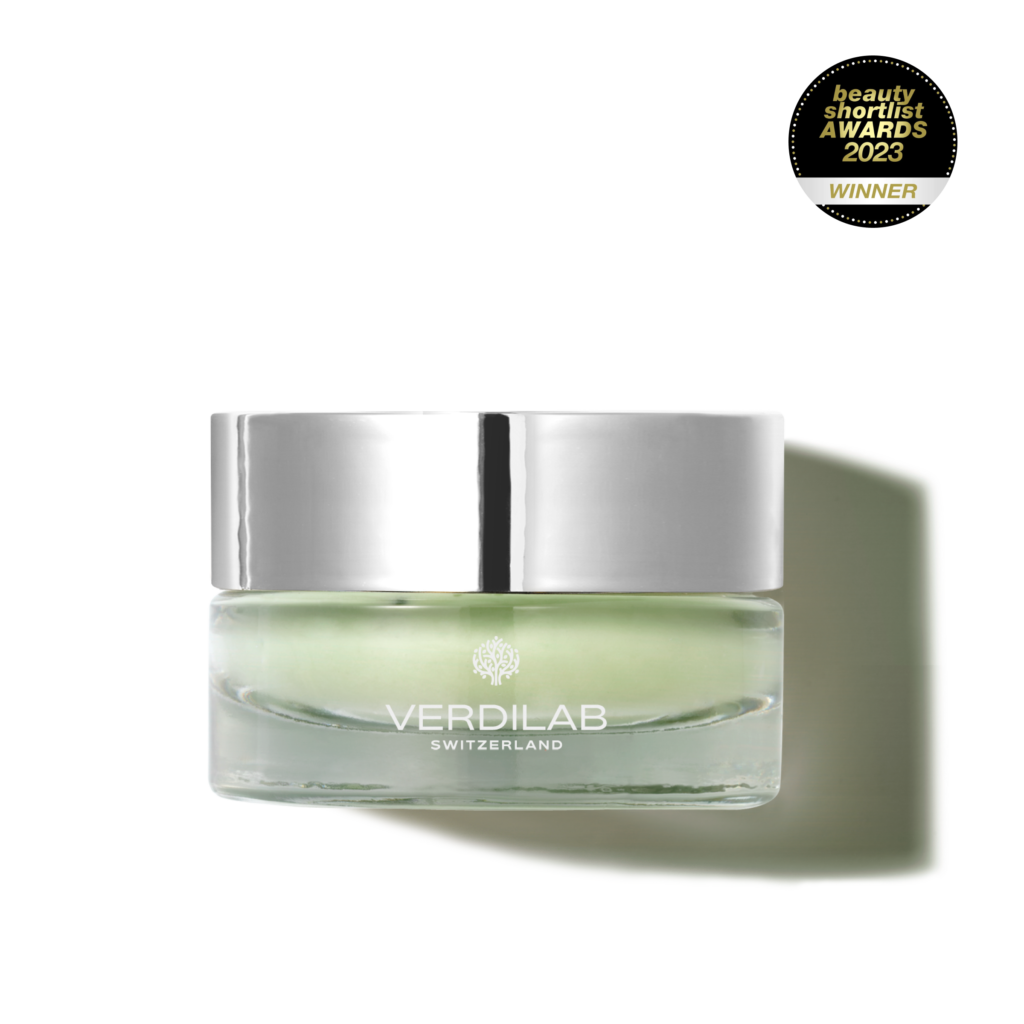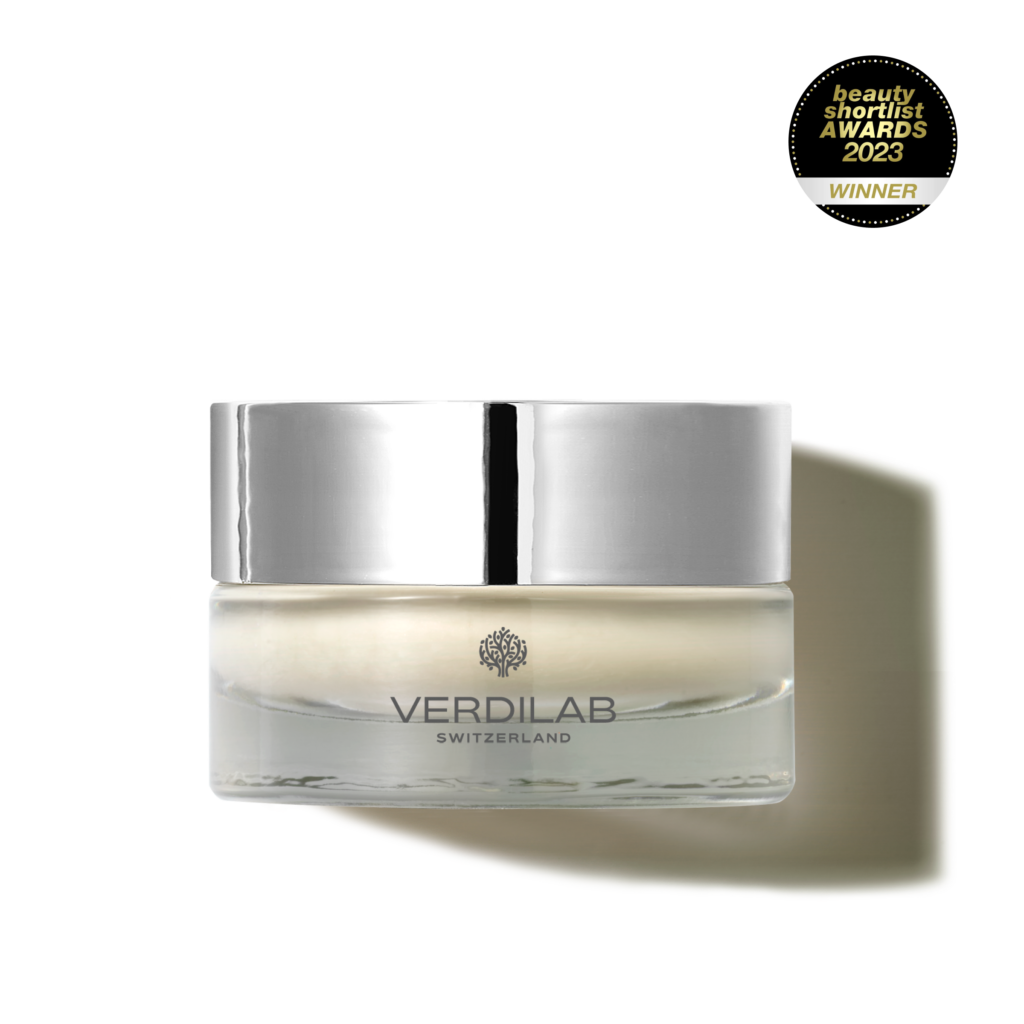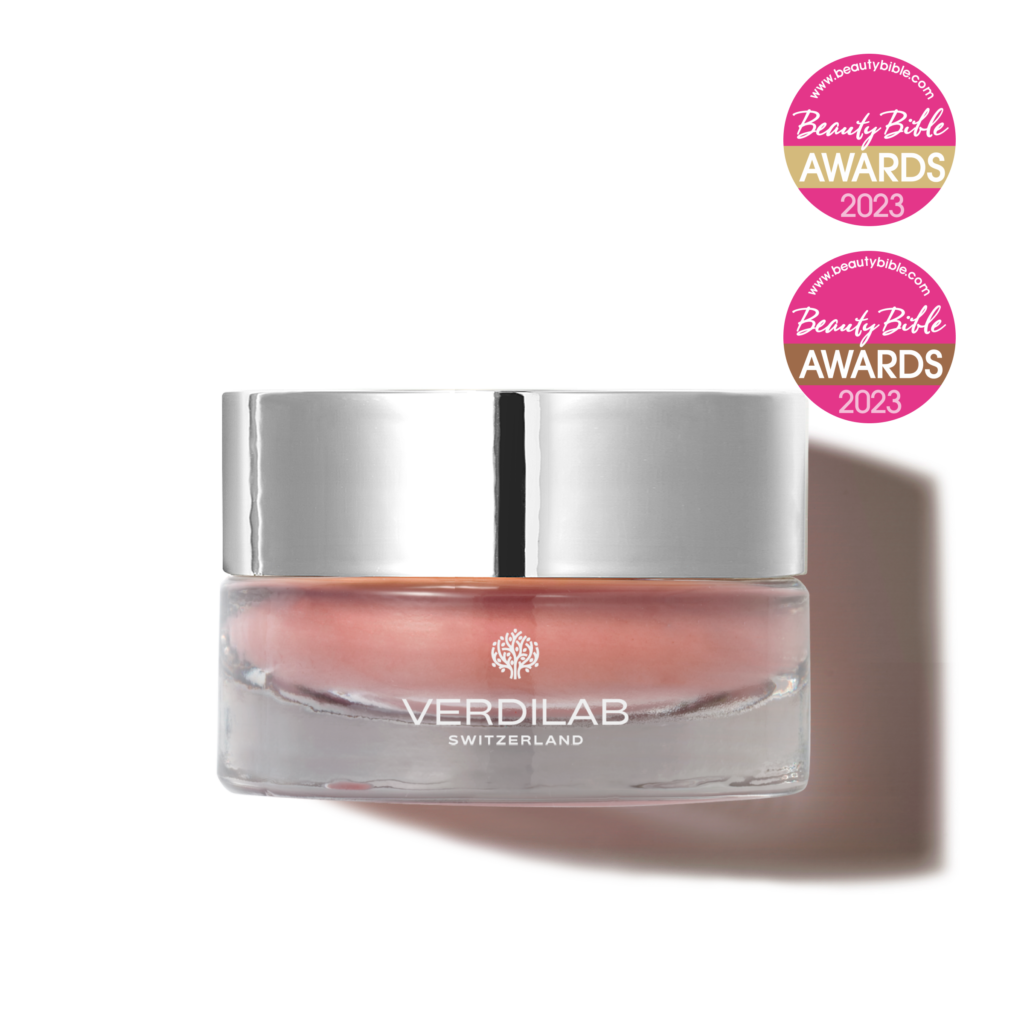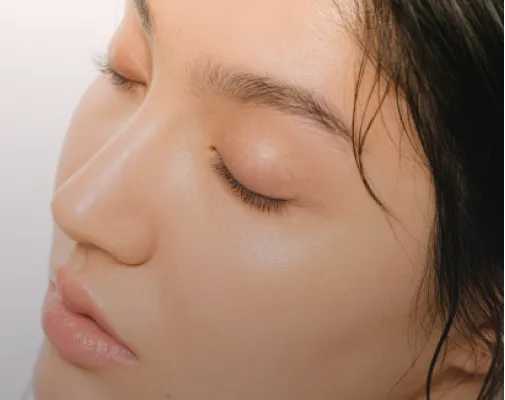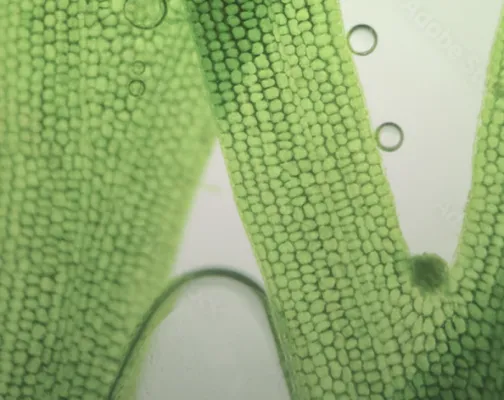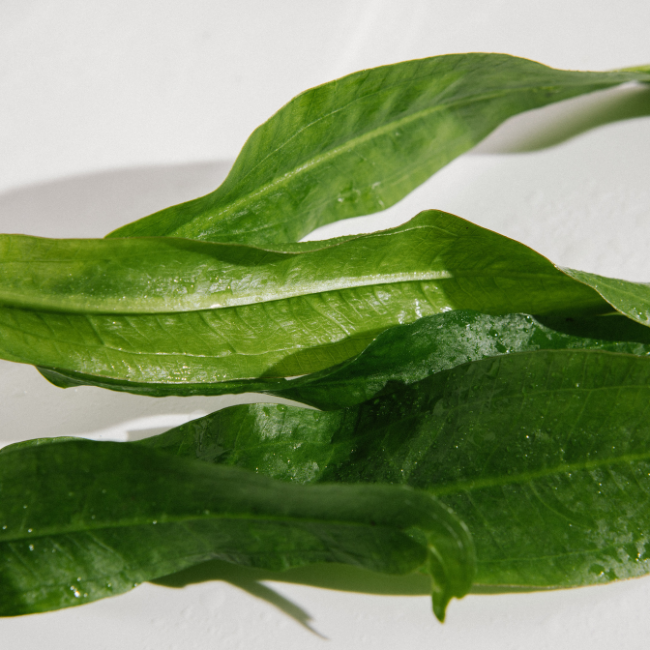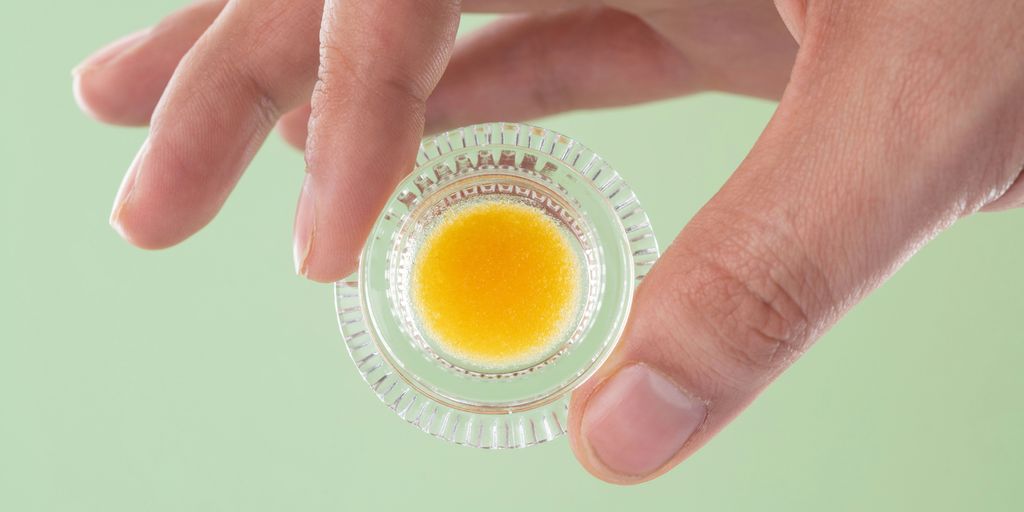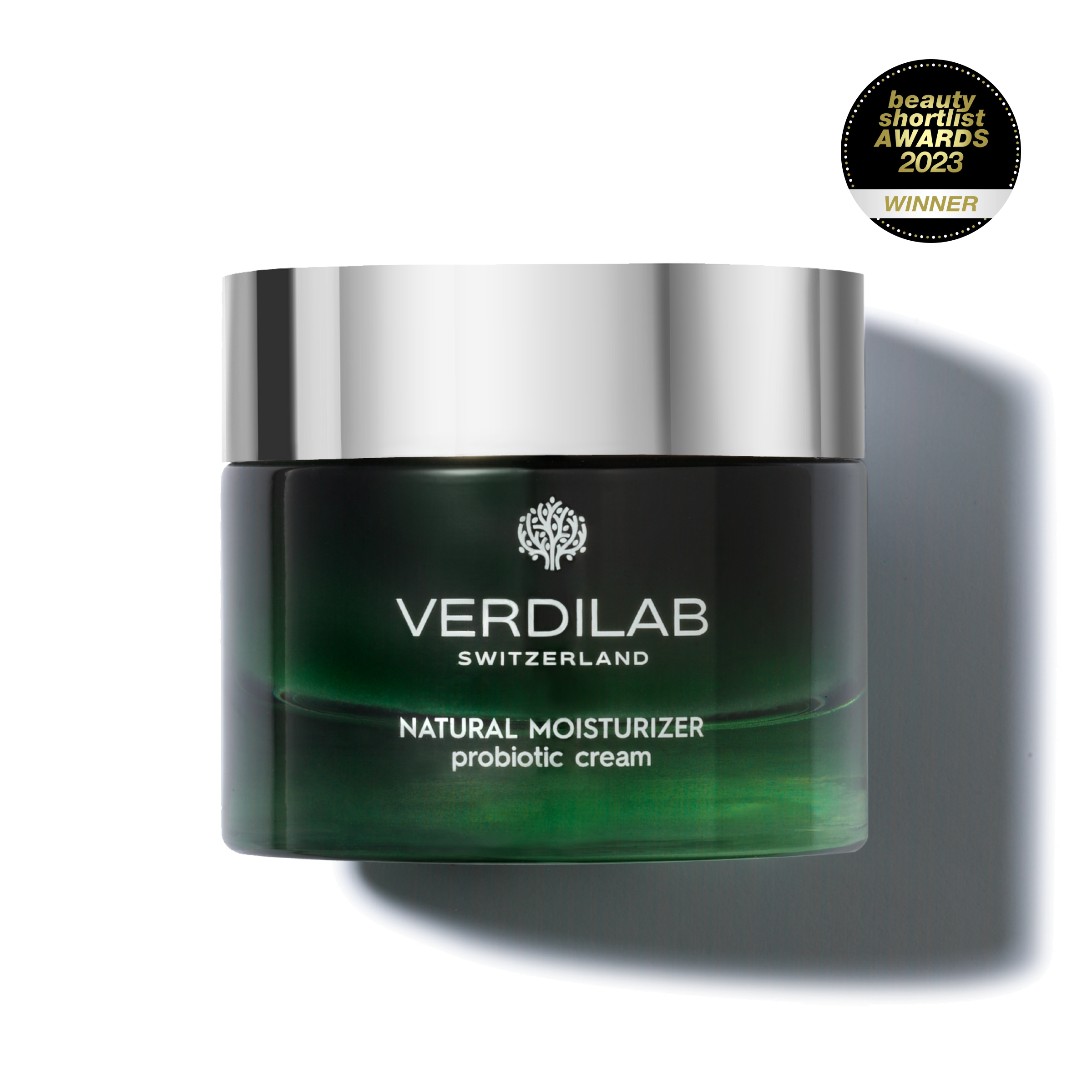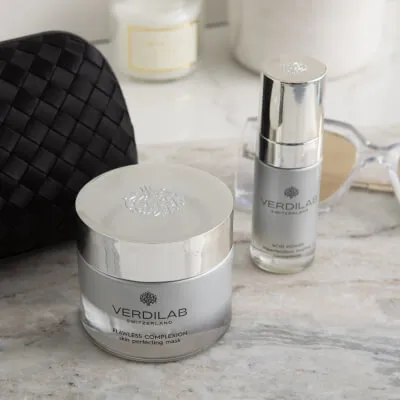Rosacea is a skin condition that can cause redness, bumps, and other uncomfortable symptoms. Many people wonder if using probiotics—good bacteria that can help our bodies—might help with rosacea. This article explores the connection between probiotics and rosacea, looking at how these tiny organisms might improve skin health and what the research says about their effectiveness.
Key Takeaways
- Probiotics may help reduce inflammation related to rosacea.
- Both oral and topical probiotics are being studied for their effects on skin health.
- Eating foods rich in probiotics, like yogurt and kimchi, can support gut health.
- Some studies show that specific probiotic strains can improve rosacea symptoms.
- Consulting with healthcare providers is important before starting any new treatment.
Understanding the Relationship Between Probiotics and Rosacea
The Gut-Skin Axis in Rosacea
The gut-skin axis refers to the connection between gut health and skin conditions. Research shows that gut imbalances can lead to chronic inflammation, which may worsen skin issues like rosacea. This connection suggests that improving gut health through probiotics could potentially benefit skin conditions.
Microbiome Imbalance and Rosacea Symptoms
An imbalance in the microbiome can trigger various symptoms of rosacea. Studies indicate that certain bacteria in the gut and skin may play a role in the development of rosacea. For instance, a lack of beneficial bacteria can lead to increased inflammation, which is a key factor in rosacea symptoms.
Scientific Evidence Supporting Probiotics for Rosacea
Several studies have explored the effects of probiotics on skin health. For example:
- Oral probiotics can positively affect skin diseases, including rosacea.
- Probiotics may help reduce inflammation and improve skin barrier function.
- Clinical trials have shown promising results in treating inflammatory skin conditions with probiotics.
In summary, while more research is needed, the existing evidence suggests that probiotics could be a valuable addition to the treatment of rosacea.
Probiotics may offer a new avenue for managing rosacea, especially for patients who struggle with traditional treatments.
| Study | Findings |
|---|---|
| Moreno-Arrones et al. (2021) | Identified differences in gut microbiota between rosacea patients and controls. |
| Thangamuni et al. (2024) | Oral probiotics showed benefits for skin diseases like rosacea. |
| Other Studies | Probiotics improve gut health, which can positively affect skin conditions like rosacea. |

The Role of Gut Microbiota in Rosacea
Key Bacterial Strains Involved
The gut microbiota plays a significant role in the development and management of rosacea. Certain bacterial strains have been identified as potentially influential in the condition. Key strains include:
- Acidaminococcus: Often found in higher levels in rosacea patients.
- Megasphaera: Another strain that appears more frequently in those with rosacea.
- Lactobacillales: Increased levels have been noted in rosacea patients compared to healthy individuals.
Impact of Gut Health on Skin Inflammation
The health of the gut microbiota can directly affect skin inflammation. A balanced gut microbiome helps maintain the integrity of the intestinal barrier, preventing harmful substances from entering the bloodstream. When dysbiosis occurs, it can lead to:
- Increased inflammation in the skin.
- Compromised immune responses.
- Worsening of rosacea symptoms.
Studies on Gut Microbiota and Rosacea
Research on the gut microbiota in rosacea patients is still emerging. Some studies have shown:
- Significant differences in bacterial composition between rosacea patients and healthy controls.
- A correlation between the severity of rosacea and changes in gut microbiota.
- The need for more extensive research to fully understand these relationships.
Understanding the gut-skin axis is crucial for developing effective treatments for rosacea. The interplay between gut health and skin conditions highlights the importance of a balanced microbiome in managing inflammatory skin diseases.
Potential Benefits of Probiotics for Rosacea Patients
Reduction of Skin Inflammation
Probiotics may help in reducing inflammation associated with rosacea. Research indicates that certain strains can regulate inflammatory responses, which is crucial for managing skin conditions like rosacea. Some key points include:
- Probiotics can enhance the skin’s immune response.
- They may help in balancing the skin microbiome, reducing flare-ups.
- Clinical trials have shown promising results in improving symptoms.
Improvement in Skin Barrier Function
A healthy skin barrier is essential for rosacea patients. Probiotics can contribute to this by:
- Restoring the natural skin barrier, which can be compromised in rosacea.
- Enhancing hydration and reducing transepidermal water loss (TEWL).
- Supporting the growth of beneficial bacteria on the skin.
Clinical Trials and Patient Outcomes
Several studies have explored the effectiveness of probiotics in treating rosacea. Notable findings include:
- A study showed that patients using probiotics experienced a significant reduction in symptoms compared to those who did not.
- Another trial indicated that a combination of probiotics and antibiotics led to improved outcomes in rosacea patients.
- Overall, patients reported better quality of life and symptom management with probiotic use.
Probiotics offer a potential complementary approach to traditional rosacea treatments, focusing on both gut and skin health.
| Study | Probiotic Strain | Outcome |
|---|---|---|
| Study 1 | Lactobacillus plantarum | Reduced TEWL and improved skin hydration |
| Study 2 | Bifidobacterium breve | Significant symptom improvement |
| Study 3 | Escherichia coli Nissle 1917 | Enhanced quality of life and reduced symptoms |

Topical vs. Oral Probiotics: Which is More Effective?
Mechanisms of Action
Both topical and oral probiotics aim to improve skin health, but they do so through different mechanisms. Topical probiotics work directly on the skin, enhancing its barrier function and potentially reducing inflammation. In contrast, oral probiotics influence the gut microbiome, which can indirectly affect skin conditions through the gut-skin axis.
Comparative Studies
Recent studies have compared the effectiveness of topical and oral probiotics in treating rosacea. For instance, a clinical trial showed that patients using a topical probiotic cream experienced significant improvements in skin hydration and reduced redness compared to those using standard skincare products. In another study, patients taking oral probiotics alongside traditional treatments showed better overall symptom relief than those receiving only topical treatments.
| Study Type | Topical Probiotics | Oral Probiotics | Results |
|---|---|---|---|
| Clinical Trial 1 | Yes | No | Improved skin hydration |
| Clinical Trial 2 | No | Yes | Better symptom relief |
| Clinical Trial 3 | Yes | Yes | Combined effects noted |
Patient Preferences and Experiences
Patient experiences vary when it comes to choosing between topical and oral probiotics. Some patients prefer topical applications for their immediate effects, while others favor oral probiotics for their systemic benefits. Here are some common preferences:
- Immediate results: Many patients appreciate the quick effects of topical probiotics.
- Long-term benefits: Oral probiotics are often seen as a way to improve overall gut health, which can have lasting effects on skin conditions.
- Ease of use: Some individuals find it easier to incorporate topical products into their daily skincare routine than to take oral probiotics consistently.
The choice between topical and oral probiotics often depends on individual preferences and specific skin conditions. Both methods have their unique benefits and can be effective in managing rosacea symptoms.
In conclusion, while both topical and oral probiotics show promise in treating rosacea, further research is needed to determine their relative effectiveness and the best approaches for individual patients.
Probiotic Strains with Promising Results for Rosacea
Lactobacillus Strains
Lactobacillus strains have shown potential benefits for rosacea patients. Lactobacillus paracasei CNCM-I 2116 has been noted for its ability to enhance skin barrier recovery after damage. In studies, it significantly reduced transepidermal water loss (TEWL) and improved skin sensitivity.
Bifidobacterium Strains
Bifidobacterium strains also play a crucial role. For instance, a study found that Bifidobacterium breve BR03 combined with antibiotics led to significant improvements in skin symptoms for patients with scalp rosacea. This combination therapy resulted in lasting benefits even after stopping the antibiotic treatment.
Emerging Probiotic Strains
Recent research has identified new strains that may be beneficial for rosacea. Lactobacillus reuteri DSM 17938 has been shown to enhance skin barrier function by increasing important proteins in the skin. Additionally, Lactobacillus plantarum HY7714 has demonstrated the ability to improve skin hydration and reduce inflammation.
| Probiotic Strain | Key Benefits |
|---|---|
| Lactobacillus paracasei CNCM-I 2116 | Enhances skin barrier recovery, reduces TEWL |
| Bifidobacterium breve BR03 | Improves symptoms in scalp rosacea patients |
| Lactobacillus reuteri DSM 17938 | Increases skin barrier proteins |
| Lactobacillus plantarum HY7714 | Improves hydration, reduces inflammation |
Probiotics can help restore the natural balance of skin bacteria, which may alleviate rosacea symptoms.
In conclusion, various probiotic strains, particularly Lactobacillus and Bifidobacterium, show promise in managing rosacea symptoms. Further research is needed to fully understand their mechanisms and effectiveness in clinical settings.

Challenges and Limitations in Probiotic Research for Rosacea
Lack of Large-Scale Clinical Trials
Research on probiotics for rosacea is still in its early stages. Most studies are small and lack robust data. This makes it hard to draw strong conclusions about their effectiveness. For instance, many trials involve fewer than 100 participants, which limits the generalizability of the findings.
Variability in Probiotic Formulations
Different probiotic products contain various strains and dosages, leading to inconsistent results. Some key points include:
- Strain Specificity: Not all probiotics are the same; different strains can have different effects.
- Dosage Differences: The amount of probiotics in products can vary widely, affecting outcomes.
- Formulation Variability: Some products are designed for oral use, while others are topical, complicating comparisons.
Regulatory and Safety Concerns
The regulation of probiotics is not as strict as for pharmaceuticals. This raises concerns about:
- Quality Control: Variability in product quality can affect efficacy.
- Safety Issues: Some individuals may experience adverse reactions, especially if they have underlying health conditions.
- Lack of Standardization: Without standardized guidelines, it’s challenging to determine the best practices for using probiotics in rosacea treatment.
Probiotic research for rosacea is promising but still faces significant hurdles. More comprehensive studies are needed to establish clear guidelines and recommendations for patients.
In summary, while probiotics may offer potential benefits for rosacea patients, the current research landscape is fraught with challenges that must be addressed to ensure safe and effective use.
Patient Case Studies and Anecdotal Evidence
Success Stories
Numerous patients have reported positive outcomes after incorporating probiotics into their rosacea treatment plans. Some notable cases include:
- Patient A: Experienced a significant reduction in redness and irritation after using a probiotic cream for three weeks.
- Patient B: Noticed improved skin texture and fewer flare-ups after taking oral probiotics for two months.
- Patient C: Reported a decrease in skin sensitivity and overall inflammation after a combination of dietary probiotics and topical applications.
Need for Scientific Validation
Despite the positive anecdotal evidence, the scientific community emphasizes the need for more extensive clinical trials to substantiate these claims. Current research is limited, and while some studies suggest potential benefits, they often lack the scale and rigor needed to draw definitive conclusions. As such, patients should consult healthcare providers before making significant changes to their treatment plans.
Future Directions in Probiotic Research for Rosacea
Innovative Probiotic Products
Research is increasingly focusing on developing innovative probiotic products tailored for rosacea patients. These products aim to enhance the gut-skin axis, potentially improving skin health. Future studies should explore:
- Specific strains that target rosacea symptoms.
- Combination therapies that include probiotics with other treatments.
- Delivery methods such as topical applications versus oral supplements.
Potential for Personalized Probiotic Treatments
The concept of personalized probiotic treatments is gaining traction. This approach considers individual microbiome profiles to tailor probiotic therapies. Key areas for exploration include:
- Genetic factors influencing probiotic efficacy.
- Dietary habits that may affect gut microbiota.
- Patient-specific symptoms that could guide treatment choices.
Areas Needing Further Research
Despite promising findings, there are still significant gaps in research. Future studies should address:
- The long-term effects of probiotics on rosacea.
- The mechanisms of action by which probiotics influence skin health.
- The safety and regulatory concerns surrounding probiotic use in dermatology.
The integration of probiotics into rosacea treatment plans could offer new hope for patients struggling with this challenging condition. Continued research is essential to validate these approaches and ensure their effectiveness.
Expert Opinions on Probiotics and Rosacea
Dermatologists’ Perspectives
Many dermatologists are optimistic about the potential of probiotics in managing rosacea symptoms. Dr. Whitney P. Bowe, a clinical assistant professor of dermatology, notes that while more research is needed, early studies suggest that probiotics can help improve skin conditions like rosacea. She emphasizes that probiotics may provide a protective shield for the skin, reducing inflammation and irritation.
Gastroenterologists’ Insights
Gastroenterologists also recognize the connection between gut health and skin conditions. They point out that an imbalance in gut bacteria can lead to inflammation, which may worsen rosacea symptoms. Probiotics can help restore this balance, potentially alleviating skin issues.
Recommendations for Patients
Experts recommend the following for patients considering probiotics for rosacea:
- Consult a healthcare provider before starting any new treatment.
- Consider both oral and topical probiotics to see which works best.
- Monitor skin reactions and keep a journal to track improvements or flare-ups.
Probiotics may offer a new avenue for treating rosacea, but patients should approach this option with caution and seek professional guidance.
In summary, while the evidence is still emerging, many experts believe that probiotics could play a beneficial role in managing rosacea symptoms, highlighting the importance of further research in this area.

Understanding the Mechanisms Behind Probiotics’ Effects on Rosacea
Immune System Modulation
Probiotics can influence the immune system, which is crucial for managing rosacea. A balanced immune response helps reduce inflammation, a key factor in rosacea symptoms. Probiotics may enhance the production of anti-inflammatory substances, which can help calm the skin.
Anti-Inflammatory Properties
Research shows that probiotics can have strong anti-inflammatory effects. They may reduce the levels of inflammatory markers in the body, which can lead to fewer flare-ups of rosacea. This is particularly important since rosacea is characterized by chronic inflammation.
Impact on Skin Microbiota
The skin has its own microbiota, and probiotics can help maintain a healthy balance. A healthy skin microbiome can prevent the overgrowth of harmful bacteria that may trigger rosacea symptoms. Probiotics can also help restore the skin’s natural barrier, making it less susceptible to irritants.
Probiotics may offer a promising avenue for managing rosacea by addressing both gut and skin health, potentially leading to improved patient outcomes.
Summary of Mechanisms
| Mechanism | Description |
|---|---|
| Immune System Modulation | Enhances anti-inflammatory responses to reduce symptoms. |
| Anti-Inflammatory Properties | Lowers inflammatory markers, decreasing flare-ups. |
| Impact on Skin Microbiota | Restores balance, preventing harmful bacteria growth. |
Diet and Lifestyle Considerations for Rosacea Patients Using Probiotics
Foods Rich in Probiotics
Incorporating probiotic-rich foods into your diet can be beneficial for managing rosacea. Some examples include:
- Yogurt: Contains live cultures that can help balance gut bacteria.
- Kefir: A fermented dairy product that is rich in probiotics.
- Sauerkraut: Fermented cabbage that supports gut health.
- Kimchi: A spicy fermented vegetable dish that also provides probiotics.
- Miso: A fermented soybean paste that can enhance gut flora.
Lifestyle Changes to Support Gut Health
To further support your gut health and potentially improve rosacea symptoms, consider the following lifestyle changes:
- Stay Hydrated: Drink plenty of water to help maintain skin hydration.
- Manage Stress: Engage in stress-reducing activities like yoga or meditation.
- Regular Exercise: Physical activity can improve circulation and overall health.
- Avoid Trigger Foods: Identify and limit foods that may trigger rosacea flare-ups, such as spicy foods or alcohol.
Consulting Healthcare Providers
Before making significant changes to your diet or lifestyle, it is essential to consult with healthcare providers. They can help tailor a plan that suits your individual needs and monitor your progress.
Integrating probiotics into your diet may help improve gut health, which is crucial for managing rosacea symptoms.
In summary, a balanced diet rich in probiotics, combined with healthy lifestyle choices, can play a vital role in managing rosacea. By focusing on gut health, patients may experience a reduction in symptoms and an overall improvement in skin condition.
Summary Table of Probiotic Sources
| Food Source | Probiotic Type | Benefits |
|---|---|---|
| Yogurt | Lactobacillus | Supports gut health |
| Kefir | Various strains | Enhances digestion |
| Sauerkraut | Lactobacillus | Promotes healthy gut flora |
| Kimchi | Various strains | Anti-inflammatory properties |
| Miso | Various strains | Supports immune function |
If you have rosacea and are considering probiotics, it’s important to think about your diet and lifestyle. Eating healthy foods and managing stress can help improve your skin. For more tips and to explore our natural skincare products, visit our website now!
Conclusion
In summary, individuals with rosacea may benefit from exploring various strategies to manage their condition. While research on probiotics specifically for rosacea is still developing, some studies suggest that they might help improve symptoms. It’s essential for patients to consider dietary choices, including foods rich in probiotics and prebiotics, as these can support gut health. Additionally, combining probiotics with traditional treatments may enhance overall effectiveness. However, consulting with a healthcare professional is crucial to tailor an approach that suits individual needs.
Frequently Asked Questions
What are probiotics and how do they work for skin conditions?
Probiotics are live bacteria that can help your body, especially your gut. They may also help improve skin problems like rosacea by balancing bacteria.
Can probiotics help with rosacea symptoms?
Some studies suggest that taking probiotics might reduce redness and irritation in people with rosacea.
Are there different types of probiotics for rosacea?
Yes, there are various strains of probiotics, like Lactobacillus and Bifidobacterium, which may be beneficial for skin health.
Should I use oral or topical probiotics for rosacea?
Both oral and topical probiotics can be helpful, but it depends on individual needs. Topical ones are applied directly to the skin, while oral ones work through the gut.
How long does it take to see results from probiotics for rosacea?
Results can vary, but some people may notice improvements in their skin within a few weeks of starting probiotics.
Are there any side effects of taking probiotics?
Most people tolerate probiotics well, but some may experience mild digestive upset. It’s best to consult a doctor before starting any new supplement.
Can I get probiotics from food?
Yes! Foods like yogurt, kefir, sauerkraut, and kimchi are rich in probiotics and can be great additions to your diet.
Is it safe to combine probiotics with other rosacea treatments?
Generally, combining probiotics with other treatments is considered safe, but you should always check with your healthcare provider first.
